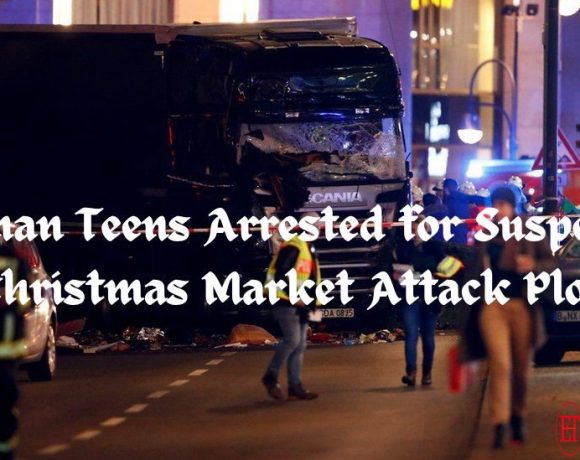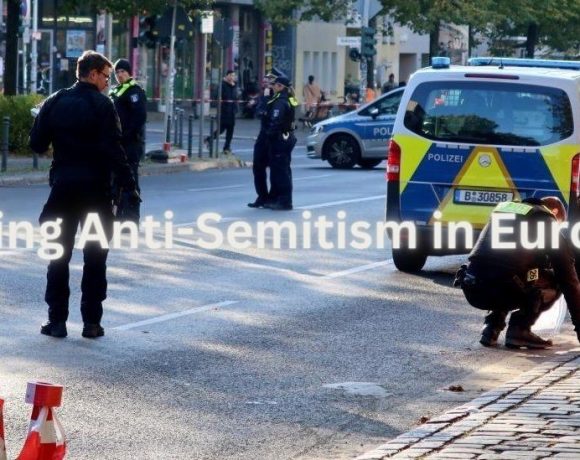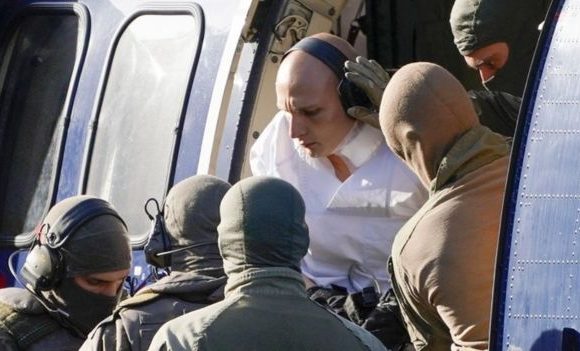
German authorities have apprehended two teenagers, aged 15 and 16, under suspicion of planning a militant Islamist attack on either a Christmas market or synagogue. The younger individual, a German-Afghan from Burscheid, was taken into custody after a search of his residence, while the 16-year-old, described as a Russian national, was detained in Wittstock/Dosse. The alleged seriousness of the plot prompted police intervention, as the boys had specified a time and place for the potential attack.
The targeted location initially mentioned in reports was Cologne, southwest of Burscheid, but subsequent information suggested it might be the nearby city of Leverkusen. The suspects had reportedly exchanged information on the Telegram messaging app, discussing the use of homemade incendiary devices or a van to carry out their plans. The arrests come amid concerns about a heightened risk of Islamist militant attacks in Germany, with authorities acting on a tip from abroad regarding a potential threat involving an individual from North Rhine-Westphalia.
The arrests unfolded as Thomas Haldenwang, the head of Germany’s Federal Office for the Protection of the Constitution (BfV), warned of an increased risk of Islamist militant attacks. Haldenwang linked this elevated threat to the Israel-Hamas conflict and highlighted the potential for attacks on Jewish, Israeli individuals, and institutions in the West. He emphasized that various groups were spreading hatred, incitement, and antisemitism, with jihadist groups like al-Qaeda and Islamic State exploiting the situation to convey a victim narrative to Muslims in the West. The intelligence chief underscored the urgency of the situation, stating that an attack could happen in Germany at any time.
Picture Courtesy: Google/images are subject to copyright


